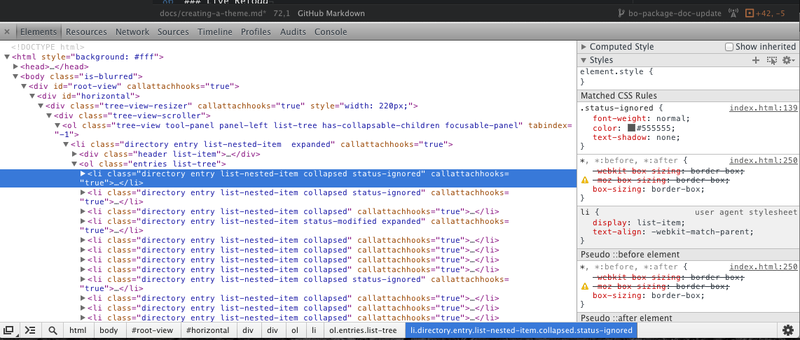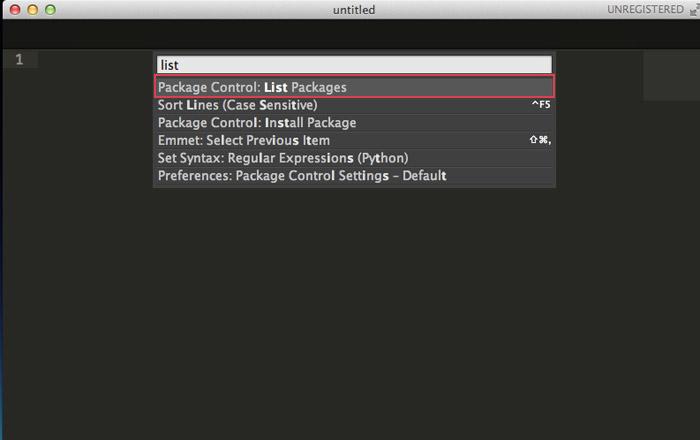
They do point you to the live-server github page, which is a node app that provided the basis for atom-live-server.

In fact, there are a number of different options you can put in the atom-live-server.json file, few of which are documented. While this is documented on the Atom Live Server page, there isn't specific instructions on how you set Atom Live Server to open Chrome. atom-live-server.json In this file you simply need to include a json block with a "browser" key. json file in your project directory named. The Live server supports a project by project configuration option. It's extremely slick once you have it setup.Ītom Live Server will use your default system browser, but in many cases that might not be the browser you want to work with. For example, you can be looking at a page that includes a lot of javascript code, with the developer tools and console open, and do interactive coding, with your changes reflected instantaneously in the browser as soon as you save the source file. This is a really great feature for html & javascript developers who are working iteratively on a web project. What's really convenient, is that by default, it will open a browser and load the page for you, connecting to whatever port the live server is listening on.Īs you edit your web project files, "Live reload" looks for changes and updates the web environment without requiring you to refresh the browser manually. To use it, you open your primary html page file in Atom, and start the atom-live-server using the Packages menu or one of a number of different key bindings that launch the HTTP server on a particular port. One of these packages " atom live server" provides an integrated HTTP server with "live reload capability." One of the design goals of Atom was that it be extensible, and as developers have begun to use it, a large number of "Packages" have been contributed. It's no surprise given that Atom was created by Github initially for internal use, that it features tight integration to git and github. In the case of Atom, the source is written in CoffeeScript and Less.
Dev livereload atom code#
Discord, Tidal, Slack & Microsoft Visual Studio Code are a few notable apps also built on top of Electron.


Atom is a desktop application based on the Electron framework, which provides a runtime that supports many different platforms, and facilitates the development of products written in the standard web languages using html, css and javascript.


 0 kommentar(er)
0 kommentar(er)
